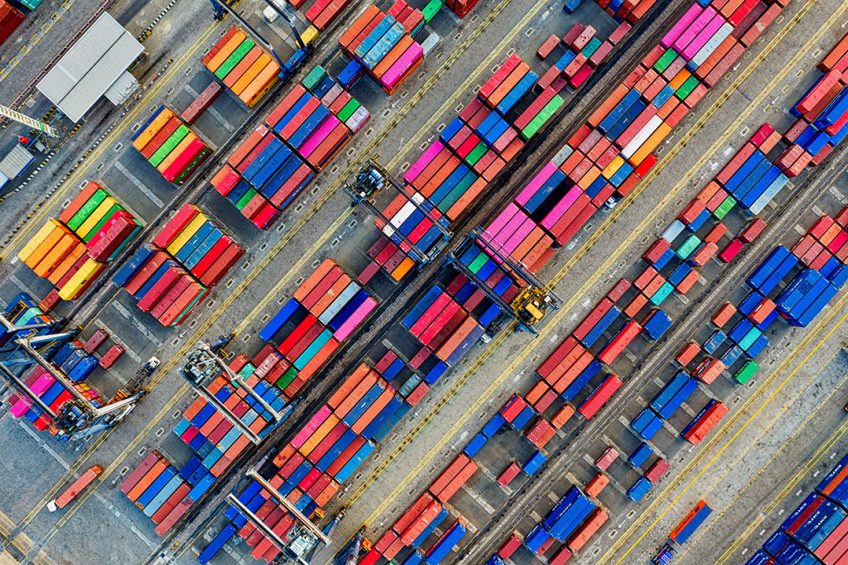Brazilian firms sign China´s request for covid-19 free meat

All of Brazil’s main slaughterhouses have signed statements requested by Chinese authorities to assure their exports are “coronavirus free”. China created this requirement recently for several countries all over the world.
According to Reuters, BRF signed China´s requirement last week in order to “ensure the quality and safety of its products”. The company is the world’s largest chicken exporter and a relevant pork supplier. “It is worth mentioning that, according to the World Health Organization (WHO) and other recognised health authorities worldwide, there is no evidence that Covid-19 is being transmitted by food or its packaging”, added BRF.
…according to the World Health Organization (WHO) and other recognised health authorities worldwide, there is no evidence that Covid-19 is being transmitted by food or its packaging.”
The company also said that studies done on the new coronavirus show that transmission occurs from person to person or through close contact with infected people. The declarations signed by the slaughterhouses are valid both for the new shipments and for the containers that are already underway to Chinese ports.
Moving storage for poultry exports
Chinese ports experienced a container jam in early 2020 as a consequence of the coronavirus lockdown. With logistics jammed up in China, and containers stranded, a shortage of them had its fall out in Brazil. Reefers for transporting meat or fruits where in short supply. To make up for the problem, Maersk is bringing 1,800 empty 40-foot refrigerated containers to Brazil from Asia. They have a combined capacity of 120,000 tons, equivalent to 10 days of Brazilian poultry exports. The extra containers will help to keep products moving and act as a “moving storage”.
In the current scenario, according to the Maersk, reverse logistics proved to be an important issue for the global shipping sector. Maersk is the largest refrigerated container logistics provider in the world. “This is a challenging situation, but Maersk has enough refrigerated containers to support customers to keep their products moving during the fruit harvest and provide the robust Asian and Middle Eastern demand for Brazilian protein,” said Roberto Rodrigues, managing director of Maersk East Coast South America.












